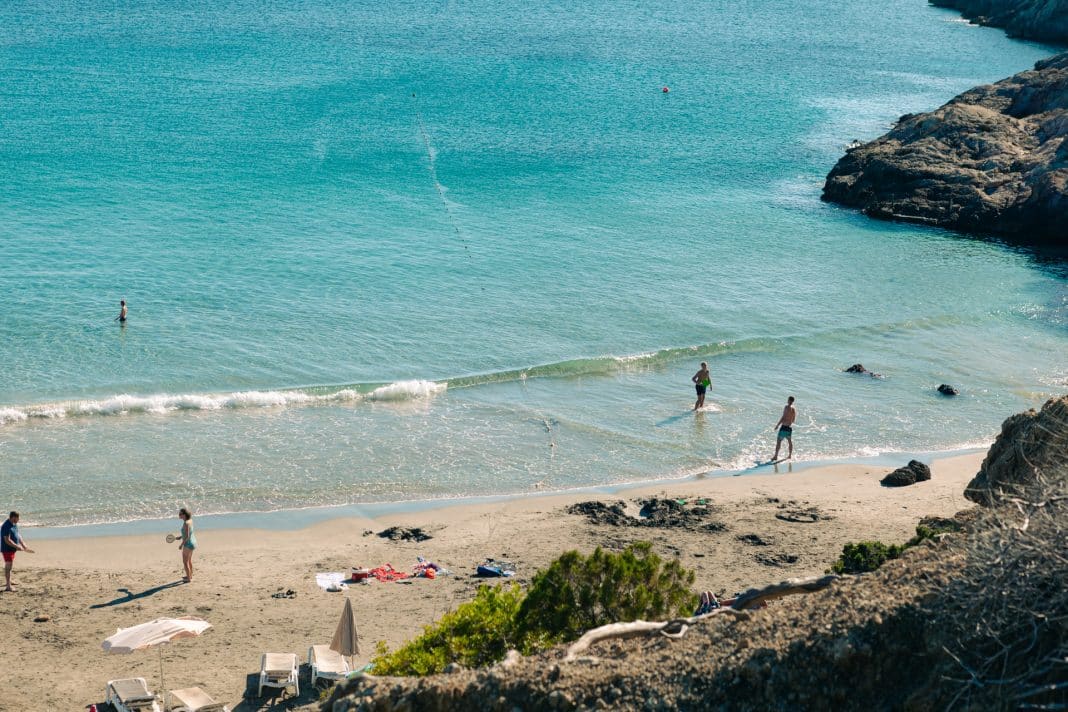The crisis resulting from the supply chain bottleneck delays the reactivation of the Balearic Islands economy and may make it take longer than projected to reclaim the islands’ previous levels of riches. In any event, he continued, the coronavirus’s arrival can now assist rethink a production model that he believes is “fatigued,” lowering the existing reliance on tourism.
Ballester emphasized that the delays in the arrival of materials and products to the archipelago are the result of an international problem that cannot be resolved from the Balearic Islands, but he emphasized the opportunity that now exists to diversify the islands’ economy away from the tourist monoculture.
The head of the CES made these remarks following the presentation of the 2020 report prepared by this body to the President of the Parliament, Vicenç Thomàs. It highlights that the Balearic economy was the most hit by the covid last year, and also with a significant difference from the rest of the autonomies, recording a fall of 21.3 percent, nearly double the Spanish average of 11.3 percent.
There is one fact that both Ballester and this body’s head of studies, Anna Grau, have emphasized, and that is the remarkable decline in gross domestic product per capita that the Balearic Islands have suffered over the last century, which was exacerbated during the pandemic, which is why the first highlighted the islands’ economic model’s “fatigue.” If the Balearic GDP per capita was 25% higher in 2000 than the national average, it was 13% lower in 2020 and is anticipated to remain about 9% lower through the end of this year.
By sector, the largest fall happened in services (25.1 percent), followed by industry (19.4 percent) and construction (12.3%).
In terms of services, the report highlighted the hotel industry’s 70.8 percent decline in revenue, as well as the 21% decline in trade and 52.9 percent decline in transportation. To bolster these figures, it was noted that tourist arrivals increased from 16.4 million in 2019 to 3.1 million in 2020.
The challenging circumstances of businesses and their need for liquidity explains the 13.5 percent increase in credit given.
For the full article, please visit Diario de Ibiza website here.

